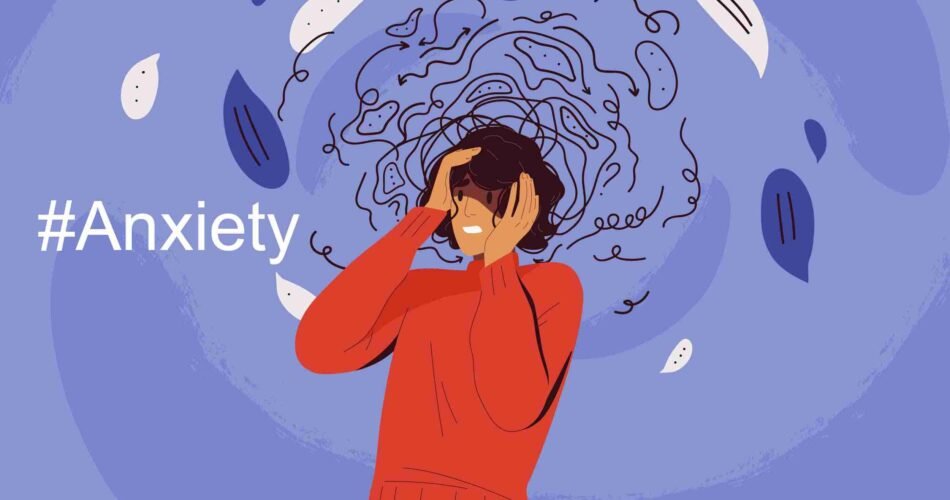Understanding Anxiety: A Comprehensive Guide to the Most Common Mental Health Concern
Anxiety is something that everyone experiences, but for some people, it can be too much to handle and can negatively impact their daily lives. In today’s society, where stress seems to be everywhere, it’s crucial to understand anxiety, including its underlying causes and how it affects individuals all over the world. Let’s explore what anxiety truly is and its impact on millions of people across the globe.
Anxiety can take various forms
Anxiety can take various forms, but it’s important to remember that you are not alone. There are many types of anxiety disorders, but they all share common symptoms that can be managed through proper treatment and support. It’s okay to reach out for help and take steps towards healing. Remember that recovery is possible.
Understanding the Underlying Mechanisms
Understanding the underlying mechanisms of anxiety can shed light on why it occurs and how it affects us. Neurotransmitters like serotonin, dopamine, and norepinephrine play crucial roles in regulating mood and anxiety levels. Imbalances in these chemicals can contribute to the development of anxiety disorders. Additionally, genetic factors, environmental influences, and life experiences can also contribute to the onset of anxiety.
The Cycle of Anxiety
One of the most challenging aspects of anxiety is its tendency to spiral out of control. Rumination, or repetitive negative thinking, can amplify feelings of anxiety and lead to a vicious cycle of worry and fear. Catastrophic thinking, where individuals imagine the worst-case scenarios, further fuels the anxiety response and perpetuates the cycle of distress.
Impact on Daily Life:
Anxiety can have a pervasive impact that extends beyond the individual and affects various aspects of life, including relationships, work performance, and overall quality of life. For instance, social anxiety can make it challenging to interact with others and participate in social activities, leading to feelings of isolation and loneliness. In the workplace, anxiety can manifest as perfectionism or avoidance behaviors, which can hinder productivity and career advancement.
Treatment and Management
There are many ways to manage anxiety and improve your overall well-being. Cognitive-behavioral therapy (CBT) can help you challenge negative thoughts and develop skills to control anxiety. Mindfulness-based techniques like meditation and relaxation can help you be more present and reduce stress, which can also help manage anxiety.
Medication and Therapy
When dealing with severe anxiety symptoms, medication may be prescribed in addition to therapy. Commonly used antidepressants such as Selective Serotonin Reuptake Inhibitors (SSRIs) and Serotonin-Norepinephrine Reuptake Inhibitors (SNRIs) can help regulate mood and anxiety levels. However, it’s important to note that medication should always be used in conjunction with therapy and other self-care strategies for the best results.
Self-Care and Support
Self-care is essential for managing anxiety and maintaining good mental health. Regular exercise, adequate sleep, healthy eating, and stress management techniques can all help reduce anxiety symptoms and increase resilience to stress. Additionally, building a strong support network of friends, family, and mental health professionals can provide invaluable support during difficult times.
In conclusion
Anxiety is a complex and multifaceted mental health concern that affects millions of people worldwide. By understanding its underlying mechanisms, recognizing its symptoms, and implementing effective coping strategies, individuals can learn to manage anxiety and lead fulfilling lives. With the right support and resources, it’s possible to overcome anxiety and thrive in today’s challenging world.
Categorized in:
